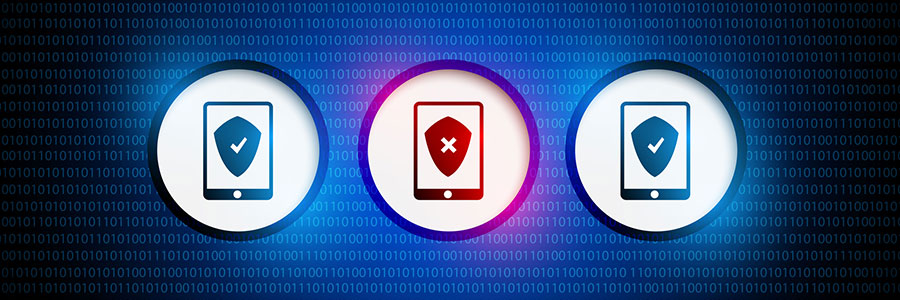A lot of iPad users resort to jailbreaking to gain greater control over iOS. With a jailbroken iPad, you can download apps unavailable in the App Store and get additional functionality from apps installed on your device. However, this virtually unrestricted access to apps and features has its cons, not least of which are security issues.
Why you shouldn’t jailbreak your iPad
Solve these Office 365 security challenges

Microsoft’s Office 365 is a robust productivity and collaboration tool. Businesses are particularly drawn to its advanced features, flexibility, and cost-efficiency. But like other cloud-based platforms, it’s not immune from security risks.
Vulnerabilities in SharePoint
Businesses typically use SharePoint Online and on-premises SharePoint sites to store sensitive data like personally identifiable data.
What to do when your Mac is hit with malware

Macs may be heralded as more secure than their competitors, but they too can be hacked. Malicious programs that appear like harmless files or apps can infect your computer and cause it to slow down to a crawl. If this ever happens, you must be able to remove the malware quickly before the infection gets worse.
IT terms you need to know

Jargon can be intimidating if you’re dealing with IT issues and you’re anything but techy. Running an anti-malware scan can generate auto pop-ups that leave you clueless with IT terms that sound Greek. Learning the basic concepts listed here will help you move on and not be surprised the next time that happens.
Browser extensions and online security
Recommendations for malware removal on Android devices
Warning signs your computer has malware
How to tell if your Mac has a virus

Apple products often come with an air of invincibility, and through the years, they’ve shown resistance to threats in ways Microsoft computers aren’t privy to. This, however, does not mean that Macs aren’t invulnerable.
Viruses that affect Macs
There are four general virus types that hit Apple products, and their effects can range from merely annoying to downright destructive:
Adware
Adware are unwanted programs that bombard users with pop-up advertisements.
Cybersecurity for small- and medium-sized businesses

Has your organization been hit with a data breach or ransomware recently? This happens more often than you might think to businesses of all sizes. Given the frequency, complexity, and increasing number of threats, a multi-level, agile, and cutting-edge cybersecurity strategy is the only response that will protect businesses from massive losses.
A closer look at fileless malware

To avoid detection by antimalware programs, cybercriminals are increasingly abusing legitimate software tools and legitimate programs in systems to steal data or ruin its integrity. They use fileless malware to infiltrate trusted applications and issue executables that blend in with normal network traffic or IT/system administration tasks while leaving fewer footprints.




